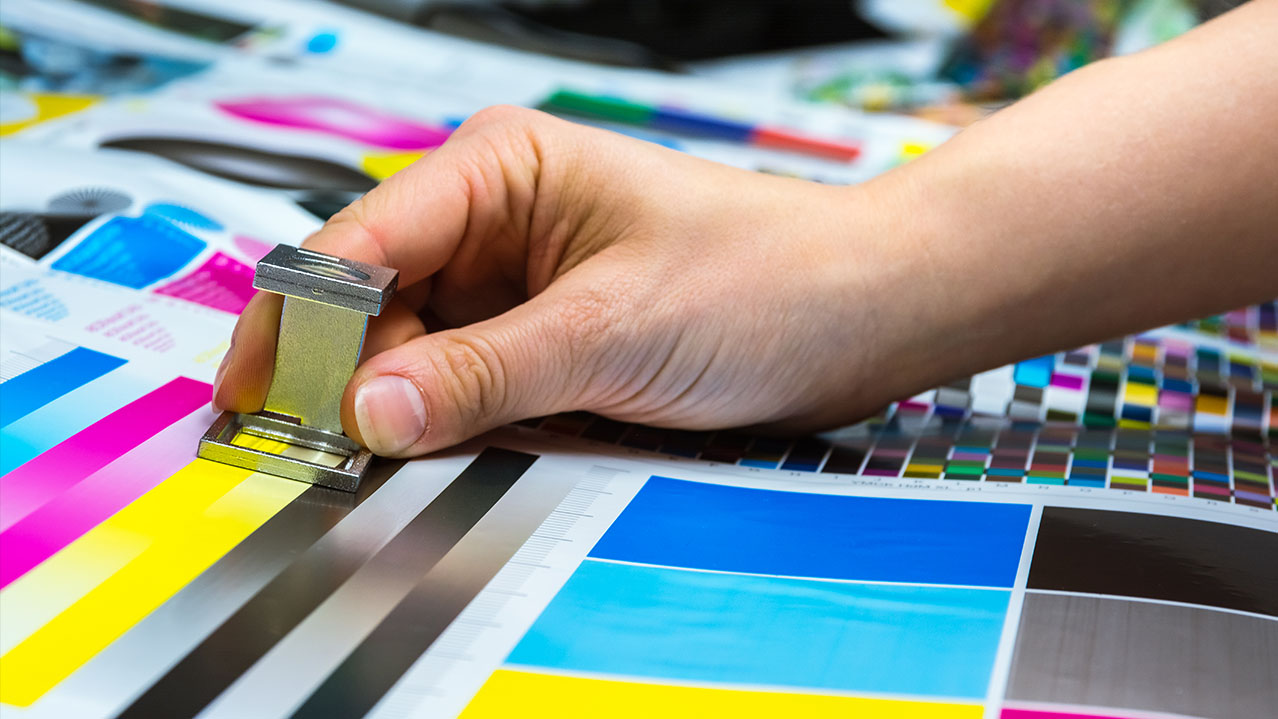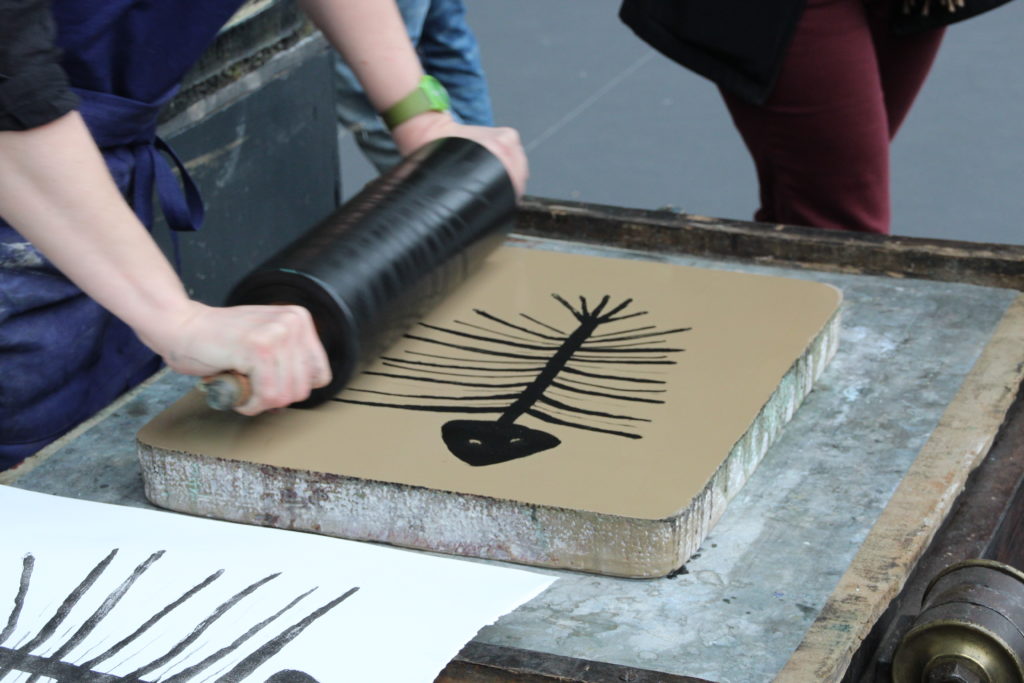What Allows litho printing Stand Out in the Field
What Allows litho printing Stand Out in the Field
Blog Article
A Comprehensive Guide to Understanding Litho Printing Strategies
The globe of litho printing, a method stemming from the late 18th century, is an interesting blend of background, advancement, art and science. This thorough guide will certainly decipher the intricacies of this printing method, from the make-up of litho inks to the challenges encountered in modern applications. As we venture right into the intricacies of lithography, the value of automation and sustainability in ensuring its future significance comes to be progressively clear. Keep with us as we journey right into the captivating realm of litho printing.
The Historical Development of Litho Printing
The historical trajectory of litho printing, a pivotal technology in the realm of communication, is a fascinating story of human ingenuity. Birthed in the late 18th century by Alois Senefelder, this method was originally an affordable method of publishing theatrical works. Lithography, originated from the Greek words for 'rock' and 'to write', utilized a smooth stone surface to transfer images onto paper. The process developed with the development of the rotating press, which greatly increased productivity (litho printing). In the 20th century, the development of balanced out lithography reinvented the market, permitting automation of top quality prints. Each stage of litho printing's evolution showcases humanity's relentless pursuit of efficiency and quality in visual communication.
Translating the Science Behind Litho Printing Inks
Progressing in the exploration of litho printing strategies, the focus currently shifts to the science behind litho printing inks. The make-up of these inks, their drying process, and shade mixing techniques create the foundation of this complicated art kind. Recognizing these components is important to grasping the craft and accomplishing the desired print results.
Composition of Litho Inks
In lithographic printing, the fundamental duty of litho inks can not be overemphasized. The structure of litho inks differs depending on its function, however usually, they contain two main elements - vehicles and pigments. Pigments, the color-providing components, are carefully ground fragments put on hold in the lorry, a liquid that brings the pigment onto the printing surface. The lorry is a complex combination of resins, solvents, and oils, which influence the ink's drying out time, attachment, and gloss. Additionally, different additives are existing to boost specific properties like circulation, drying out, and resistance to ecological results. Each component plays an essential part in the last print's top quality, making the exact formula of litho inks a complex science.
Ink Drying Process
From the composition of litho inks, focus transforms to the fascinating procedure of ink drying. 2 primary approaches are used in litho printing: oxidative drying out and absorption. Absorption, on the other hand, entails the ink permeating into the paper fibers, which is a quicker process yet can lead to much less dynamic colors.
Shade Mixing Strategies
While the drying process plays a crucial role in litho printing, the scientific research of color mixing methods holds equal relevance. The scientific research behind litho printing inks additionally takes into account the transparency of the ink, which impacts how colors overlay and mix.
The Art and Layout Elements in Litho Printing
Litho printing breathes life right into art and design with its one-of-a-kind aspects. The process includes developing an image on a lithographic sedimentary rock plate or metal plate with a smooth surface. The image is after that published onto a tool, normally paper, by moving the ink from the plate. What collections litho publishing apart is its capability to reproduce intricate designs with high fidelity, making the output nearly the same to the initial art work. This is description attained via using different line strategies such as hatching, cross-hatching, and stippling, which permit a variety of tonal results. Litho printing suits a range of shades, allowing artists to produce vibrant and vibrant prints. This mix of precision and adaptability makes litho printing a preferred option for lots of musicians and designers.
Modern Applications of Litho Printing Strategies
Litho printing techniques have located considerable use in the modern commercial market. Its influence and value remain to expand with the advent of brand-new developments and innovations in the area. This area will discover these contemporary applications and the transformative duty they play in the printing sector.
Business Litho Printing Utilizes
Litho printing continues to be a crucial part of the commercial sector. High-volume printing tasks, such as the production of books, newspapers, and product packaging, rely on litho printing for its ability to deliver exceptional picture high quality and expense performance. Litho printing additionally supplies a wide color spectrum, exceptional to that of digital printing.
Advancements in Litho Printing
Pushing the limits of standard methods, modern developments have sustained a host of technologies in litho printing. These innovations have not just click to investigate enhanced the high quality and efficiency of litho prints but additionally increased its application scope. One noticeable advancement is digital litho printing, which incorporates the merits of digital modern technology with litho's top notch result. This crossbreed design provides faster setup times, lowered waste, and makes it possible for on-demand printing. One more noteworthy advancement is the intro of ecologically friendly inks. These inks, made from veggie or soy-based options, have significantly minimized the market's ecological effect. litho printing. Additionally, the growth of advanced plate modern technology has structured the printing process, leading to sharper pictures and boosted color integrity. These advancements underscore the long-lasting importance of litho printing in the contemporary globe.
Checking out the Refine of Litho Printing: Step by Action

Difficulties and Solutions in Contemporary Litho Printing

In spite of the accuracy and custom that litho printing happily maintains, it is not without its collection of contemporary obstacles. Digital litho printing permits for cost-efficient short runs and simple personalization, resolving the problem of variable data. Therefore, while there are difficulties, the litho printing industry is proactively adapting to meet them head-on, ensuring its importance in the future.
Verdict
Finally, litho printing, with its abundant history and scientific complexities, holds a significant place in the print sector. As the overview exposes, it's a synthesis of art and innovation, with modern-day advancements ensuring its relevance. The market faces obstacles that call for cutting-edge services, with a focus on automation and sustainability. The future of litho printing rests on its capability to adapt to these altering demands, attesting its long-lasting value in an advancing market.

Report this page